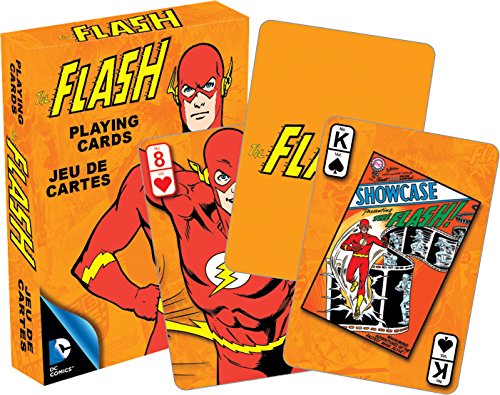For non-language topics, you have to start being creative when it comes to flashcard models, though the basic principles are the same as we use for languages (as per: https://fluent-forever.com/create-better-flashcards/).
In the case of this particular book, the information was consistently presented as follows:
Here’s sentence A. It sucks.
Here’s sentence B. It’s awesome.
Sentences A and B convey the same information.
Let’s talk about what makes sentence A crappy and sentence B awesome.
So we'd do this:


Basically we created a test that required us to know whether a sentence was “good” or “bad” without any context clues other than the sentence itself.
We chose an image that represented the information contained in both sentences (in this case we used a book, since this sentence is about writing short books). That made the questions more concrete and memorable.
Then we chose an image that represented the concept we were trying to teach ourselves, in this case a see-saw symbolizing the idea of balancing parallels in sentences. This makes the concept we're trying to teach ourselves more memorable.
Then we'd do it 100 more times.
These were the necessary ingredients:
– We read and understood the source book.
– We came up with a way to test that understanding, that we’d be able to succeed at immediately after reading the book, but would probably forget the next day.
– We came up with our own visual reminders of those lessons
If you use those 3 ingredients in whatever it is you’re trying to learn, you’ll be able to remember it via SRS.
The only thing we’d add to that: complex topics --like biochemistry, for example-- benefit a LOT from mnemonics and memory palaces. We can actually strongly recommend http://picmonic.com for the former when it comes to medical school. As for the latter, we might suggest Anthony Metivier’s stuff on the subject: http://www.magneticmemorymethod.com. He uses memory palaces a lot more than we do and we think would be a better source for info on them.
There you go... Ultimate flashcards

Note: As of September 12th 2019, we no longer provide official support for our Anki based pronunciation trainers and word lists. You are more than welcome to still purchase and use them, but the support we are able to offer for these products is limited. For supported languages, these materials are already built into the Fluent Forever app.